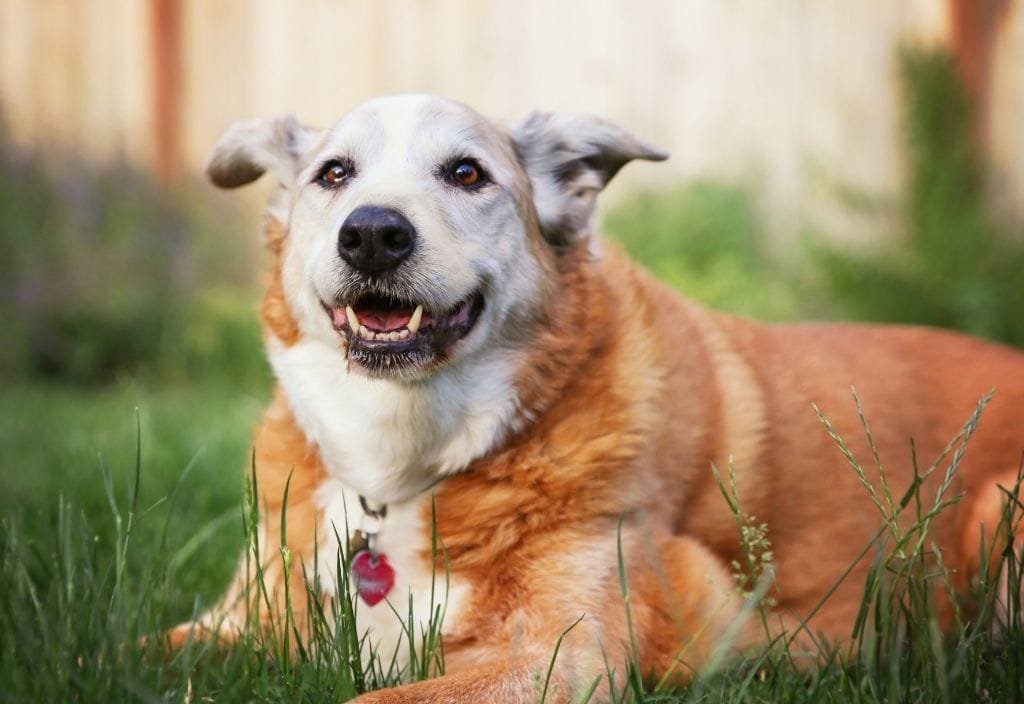Just like people, pets grow old too. As our beloved cats and dogs age, their needs begin to change.
They may move slower, sleep more, and develop health issues that weren’t there before. While it can be hard to watch our furry friends grow older, we can make their golden years comfortable and happy with the right care and attention. Caring for a senior pet isn’t just about managing health problems—it’s about helping them live the best life possible for as long as possible.
When is a Pet Considered a Senior?
The age at which a pet is considered “senior” depends on their species, breed, and size. Generally speaking:
- Small dogs and cats are considered seniors around age 7.
- Larger dog breeds may be considered seniors as early as age 5 or 6.
Every pet is different, so it’s important to talk with your veterinarian to understand your individual pet’s aging timeline.
Common Signs of Aging in Pets
Aging can bring noticeable changes. Some are physical, others behavioral. You might see your pet:
- Slowing down during walks or playtime
- Sleeping more often
- Gaining or losing weight
- Having trouble climbing stairs or jumping
- Becoming less interested in food
- Showing signs of confusion or anxiety
- Developing cloudy eyes or hearing loss
These changes don’t always mean something serious, but they’re worth paying attention to.
Regular Vet Visits Are a Must
Senior pets need more frequent checkups—ideally every six months. Why? Because animals are experts at hiding pain or illness. Regular vet visits allow early detection of health issues such as arthritis, kidney disease, diabetes, or cancer. Catching problems early gives your pet the best chance for effective treatment and a better quality of life.
Your vet may recommend blood tests, urine tests, and dental checkups more often as your pet ages. These routine screenings can spot changes before they become major issues.
Nutrition Matters More Than Ever
Older pets have different nutritional needs than younger ones. They may need fewer calories, but more of certain nutrients like fiber or omega-3 fatty acids. Some senior pet foods are designed to help with joint health, digestion, or heart function.
If your pet has specific health conditions—like kidney disease or arthritis—your vet might suggest a prescription diet. Don’t switch foods without guidance, though. Sudden changes in diet can upset your pet’s stomach.
Also, make sure your pet always has access to fresh water. Dehydration can happen quickly in older animals.
Exercise and Mental Stimulation
Even though senior pets may not be as energetic, they still need exercise. Gentle walks or short play sessions help keep their joints flexible and their weight in check. Try low-impact games that your pet enjoys, and don’t overdo it.
Mental stimulation is equally important. Aging pets can suffer from cognitive decline, similar to dementia in humans. You can help by:
- Introducing puzzle toys
- Practicing basic training commands
- Providing a variety of smells and sounds
- Keeping routines consistent
These activities can keep their minds sharp and reduce anxiety.

Comfortable Living Environment
Your senior pet may not move as easily as they once did, so adjust their environment to make life easier:
- Provide soft bedding and orthopedic pet beds
- Use ramps or pet stairs for furniture or cars
- Keep food and water bowls within easy reach
- Add rugs or non-slip mats to slippery floors
Also, make sure your home is warm and cozy. Older pets can get cold more easily and may appreciate a blanket or heated bed.
Grooming and Hygiene
Senior pets often need extra grooming help. Cats may not groom themselves as well, and dogs may need more regular brushing to keep their coats healthy. Look out for dry skin, lumps, or signs of discomfort.
Dental care is especially important. Dental disease is common in aging pets and can lead to pain, infection, and even organ damage. Brush your pet’s teeth regularly if possible, or ask your vet about professional cleanings.
Pay Attention to Behavior Changes
Sometimes, changes in your pet’s behavior are the first clue that something is wrong. If your dog suddenly starts having accidents in the house, or your cat hides more than usual, don’t assume it’s just “old age.” These can be signs of illness or discomfort that need to be addressed.
Also, senior pets can experience anxiety or confusion. They might forget routines or become fearful in new situations. Patience and routine go a long way in helping them feel safe.
Emotional Support and Quality Time
One of the best things you can do for your aging pet is simply to be there. Spend time together, give them gentle affection, talk to them, and keep them involved in family life. Your presence is comforting and helps them feel loved and secure.
Even if their bodies are slowing down, their need for connection never fades.
Planning Ahead
It’s not an easy topic, but as your pet ages, it’s important to plan for the future. Talk to your vet about end-of-life care options, including palliative care and how to know when it might be time to say goodbye. These conversations are difficult, but they allow you to make compassionate decisions when the time comes.
Final Thoughts
Caring for a senior pet is a special journey. It’s a time to return the love and loyalty they’ve given you over the years. With regular vet care, proper nutrition, comfort, and emotional support, you can help your aging pet enjoy a happy, healthy life well into their senior years. After all, growing old with love is something every pet deserves.




